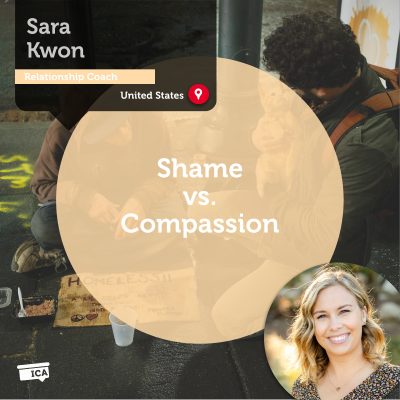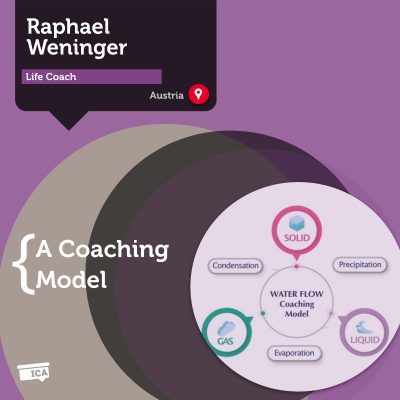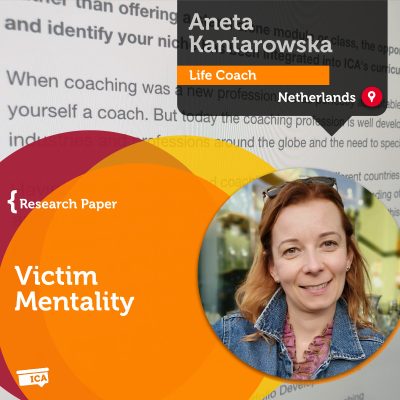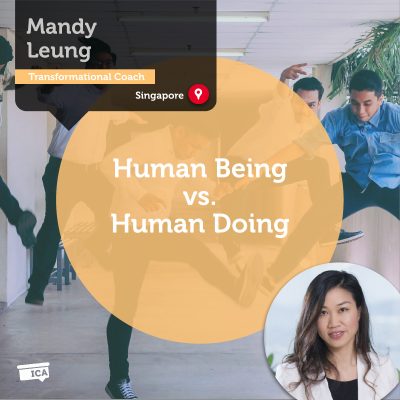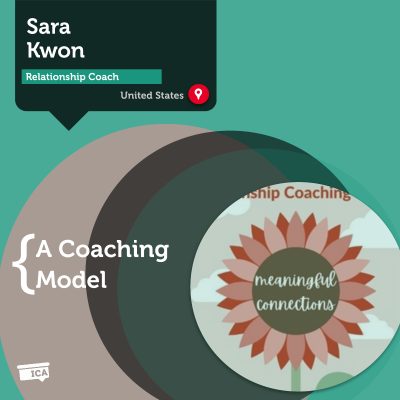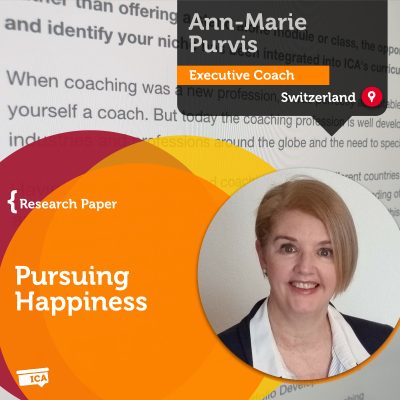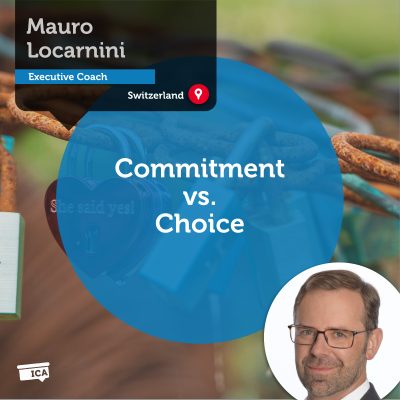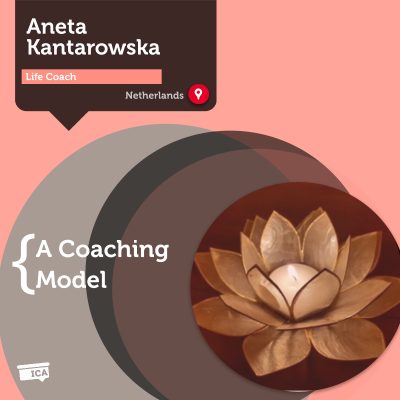Message from Robyn Logan, CEO The 2021 Graduate Yearbook once again showcases the amazing talent of our Graduate Coaches. In 2021 the number and diversity of coaching specializations grew to include some very specific contexts in which our coaches are using their skills. Coaching, and our coaches, really are making an impact on the way people Continue Reading…
A Life Plan and the Role of Coaching
A Research Paper By Alexandra Jimenez
Career Coach, SWITZERLAND
I am hoping that this research paper will be especially useful to my coaching niche audience, whether they are college students deciding on a career path, newly graduated students starting their professional careers, or junior professionals deciding if their recent work experience meets their expectations. This research paper provides an opinion on the importance of a life plan and the impact of coaching in finding answers. Self-designing a life plan has enormous power, and the sooner you do it, the better. It has a huge impact on your life because it expresses your dreams, needs, desires, goals, and priorities on your own terms.
Shame vs. Compassion
A Coaching Power Tool By Sara Kwon
Relationship Coach, UNITED STATES
Shame vs. Self-Compassion coaching, developing strong self-compassion in the face of shame is a lifelong practice. However, as with any real change, the more clients practice it, the more ingrained and effective it becomes. With the rapid implementation of this compassionate mindset toward oneself and others, the experience of shame will be shorter, less deep, and easier to mitigate. This idea means that arguments may be avoided, communication will be clearer, and support will be more easily shared within relationships, resulting in a greater sense of trust, safety, and authentic connection.
Water Flow
A Coaching Model By Raphael Weninger
Life Coach, AUSTRIA
Water is one of, if not the, most important components of life. It covers roughly 70% of the earth’s surface and accounts for roughly 60% of the human body. Briefly, all known forms of life rely on water, demonstrating its importance. We have a strong bond with water because it flows through our cells; without water, we would not exist. Consequently, it seemed natural to connect the water cycle to human life and the various stages we go through. These difficult situations are represented in the Water Flow model by precipitation, evaporation, and condensation, as life presents us with different challenges at different stages of our own life cycle.
Victim Mentality and Coaching
A Research Paper By Aneta Kantarowska
Life Coach, NETHERLANDS
In this research paper, I will look at what a victim mentality is, how to coach a client who has one, and what resources a client can use in addition to coaching. Coaching can be used with a victim mentality client as a sounding board, but it can also be used to partner with a client to realize their thinking patterns and limitations, and whenever they are ready to take some actions to change the course of their life. Clients who have a victim mentality may need a coach who is compassionate and acknowledges that they have been through some traumatic events. They may object to being judged or labeled as a victim.
Human Being vs. Human Doing
A Coaching Power Tool By Mandy Leung
Transformational Coach, SINGAPORE
As coaches, we can help clients transition from Human Being vs. Human Doing. As coaches, we must create a psychologically safe environment in which our clients feel comfortable sharing their current struggles and assisting them in discovering their inner purposes. Focusing on people to give more meaning to what our clients do and pursue. Allowing them to use their strengths to achieve what they are passionate about. Our clients are able to live their values, which are in line with their mission and social responsibilities. The majority of adults work one-third of the time.
GARDEN
A Coaching Model By Sara Kwon
Relationship Coach, UNITED STATES
This GARDEN model provides a structure for clients to explore their goals, values, beliefs, challenges, strengths, and supports, among other things. Clients gain self-awareness and self-worth as a result of this experience, allowing them to confidently create practical action plans that are aligned with their genuine values, which, when combined with intentional accountability, results in authentic behavior. My coaching model is influenced by Atlas of the Heart: Mapping Meaningful Connection and the Language of Human Experience by Brené Brown Authenticity is a need for connection, she writes, which speaks to the core goal of my model – to assist my clients in gaining awareness that feeds into worth-driven authentic and purposeful behavior, which is required to (re)build meaningful connections.
Pursuing Happiness Through Hardship
A Research Paper By Ann-Marie Purvis
Executive Coach, SWITZERLAND
This paper provides an overview of the concept of achieving happiness as well as a method for the coach and coachee to understand and approach this extremely complex subject. It examines how the concept of happiness has been studied as well as the findings of thought leaders in the field. “There are only two types of people who do not feel painful emotions. The first are psychopaths, and the second are dead. There is a misunderstanding that living a happy life entails being happy all of the time. Learning to accept, and even embrace, painful emotions is an important part of living a happy life, and the study of painful emotions is an important part of the field of Happiness Studies,” according to Tal Ben-Shahar[i].
Commitment vs. Choice
A Coaching Power Tool By Mauro Locarnini
Executive Coach, SWITZERLAND
There is always a time in life, and knowing when to allow one perspective or another to drive our actions seems to be the key to keeping us going. Changing perspectives isn’t easy, but it’s necessary for growth and development, and that’s what coaching is all about. Consequently, I thought it would be interesting to examine these two seemingly opposing perspectives (Commitment vs. Choice) and investigate when each of them might be useful in our lives, how to shift from one to the other, and, most importantly, how to leverage them.
Calm Your Mind
A Coaching Model By Aneta Kantarowska
Life Coach, NETHERLANDS
At Calm Your Mind, I work with clients who are dissatisfied with their lives. My coaching sessions are built on calm, trust, and a feeling of being truly heard. I want the clients to feel, they are in a safe place where they can leave their problems behind and where they will not be judged for saying what is really on their minds. When clients trust their coach, they relax and are more open to delving deeper into their thoughts, which may lead to decisions and action. I want to make sure that my clients feel comfortable sharing whatever is on their minds with me until they are ready to move on.
- « Previous Page
- 1
- …
- 38
- 39
- 40
- 41
- 42
- …
- 475
- Next Page »


